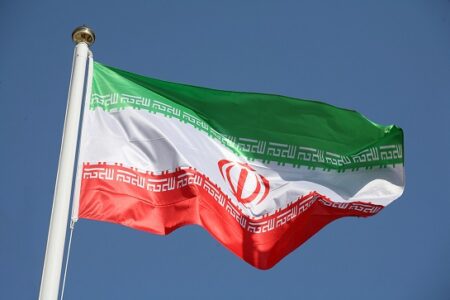Aftandilian in Arab Weekly on U.S.-Iran Tensions
Gregory Aftandilian, Lecturer at the Frederick S. Pardee School of Global Studies at Boston University, published a recent Op-Ed examining whether rising tensions between the United States and Iran could lead to conflict. Recent additional sanctions from Washington have in turn elicited a strong stance from Iran.
Aftandilian’s Op-Ed, entitled “Rising US-Iran Tensions Could Lead to Clashes,” was published in The Arab Weekly on July 23, 2017.
From the text of the article:
Predictably, Washington’s harsh words and the additional sanctions against Iran have elicited a tough stance from Tehran. Mohammed Bagheri, chief of staff of Iran’s armed forces, warned Washington against putting the IRGC on the list of terrorist groups, threatening it would be a “big risk” for US forces and bases in the region. IRGC commander Major-General Mohammad Ali Jafari warned the United States to disassemble its bases within 1,000km of Iran, which happens to be the range of the country’s missiles.
Even the relatively moderate Iranian President Hassan Rohani, who championed the nuclear deal, stated that Iran would “resist these plans and actions” of the United States. Rohani, whose brother was arrested under orders from Iran’s judiciary, is under pressure from hardliners to act tough against Washington. The recent sentencing of an American graduate student to ten years in prison on seemingly bogus espionage charges is symptomatic of the hardliners’ power.
Does this mean a war between the United States and Iran is likely? Trump does not want to get bogged down in another Middle Eastern conflict and the Iranians, for all their tough talk, know their forces are no match for the US military.
Aftandilian spent over 21 years in government service, most recently on Capitol Hill where he was foreign policy adviser to Congressman Chris Van Hollen (2007-2008), professional staff member of the Senate Foreign Relations Committee and foreign policy adviser to Senator Paul Sarbanes (2000-2004), and foreign policy fellow to the late Senator Edward Kennedy (1999).
